Man does what he can, god does what he will
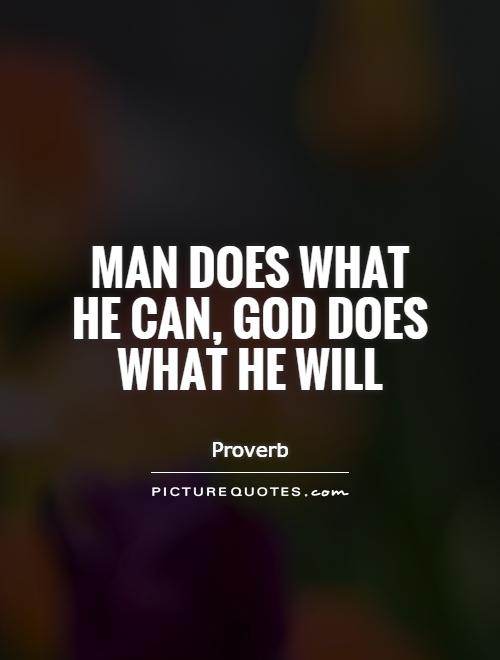
Man does what he can, god does what he will
The proverb "Man does what he can, god does what he will" is a powerful reminder of the limitations of human control and the importance of surrendering to a higher power. It encapsulates the idea that while individuals have agency and the ability to take action, ultimately the outcome is not entirely within their hands. This proverb is often used to convey the idea that humans should do their best and leave the rest to a higher power.In many religious and spiritual traditions, there is a belief in a divine plan or will that guides the course of events in the world. This proverb reflects the idea that while humans can work hard, make plans, and take action, there are forces beyond their control that ultimately determine the outcome. It serves as a reminder that there are limits to human power and understanding, and that sometimes it is necessary to trust in a higher power and accept whatever comes.
The concept of surrendering to a higher power is a common theme in many religious and philosophical traditions. It is often seen as a way to find peace and acceptance in the face of uncertainty and adversity. By acknowledging that there are forces beyond our control, we can let go of the need to constantly strive for control and perfection. This can lead to a sense of freedom and liberation, as we release the burden of trying to control every aspect of our lives.
At the same time, the proverb "Man does what he can, god does what he will" does not absolve individuals of responsibility for their actions. It is important to recognize that while there are limits to human control, we still have a duty to do our best and take action in pursuit of our goals. By working hard and doing what we can, we can create the conditions for success and growth, even if the ultimate outcome is not entirely in our hands.
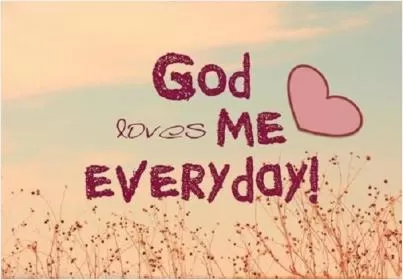
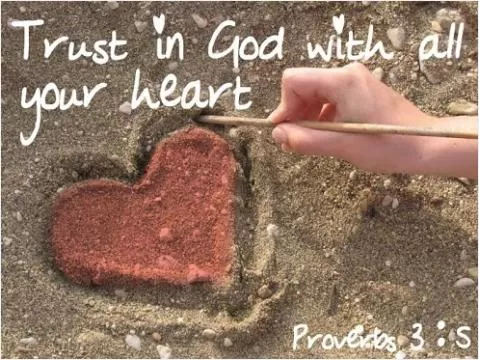


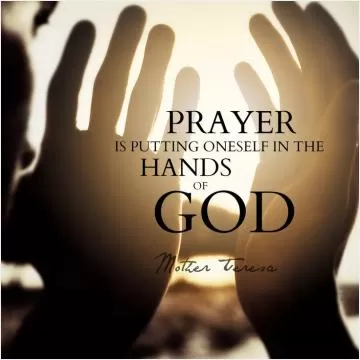




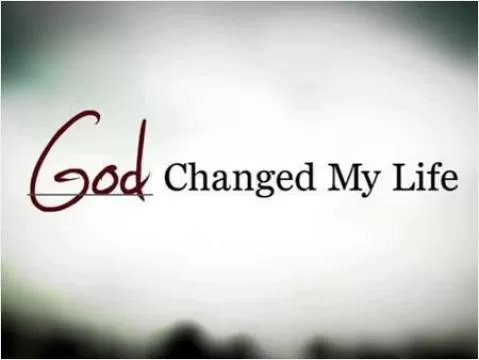
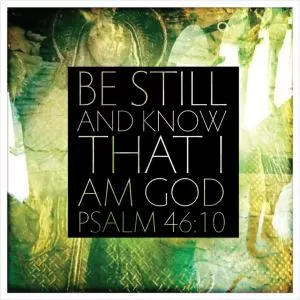

 Friendship Quotes
Friendship Quotes Love Quotes
Love Quotes Life Quotes
Life Quotes Funny Quotes
Funny Quotes Motivational Quotes
Motivational Quotes Inspirational Quotes
Inspirational Quotes